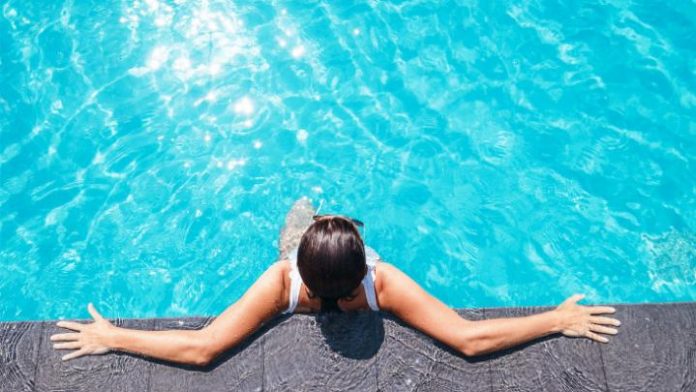The Sri Lanka Export Development Board (EDB) has identified health and wellness tourism services as a key sector to promote, in terms of foreign exchange earnings. It admits that currently Sri Lankan wellness tourism remains a nascent industry, focused on traditional medicine. The sector has no dedicated policies, institutions, regulations, statistics or specific support programmes.
The Sri Lanka Export Development Board (EDB) has identified the health and wellness tourism sector as a key focus sector in terms of foreign exchange earnings and as a key sector in the National Export Strategy.
With the vision of ‘Sri Lanka: the preferred destination for well-being’, the EDB is working with the local health/wellness tourism sector and relevant government institutions to develop and promote the sector in target markets.
It says there is a ‘clear synergy’ between global trends and Sri Lanka’s traditional health approaches. It suggests that the country’s natural and traditional endowments can be used to foster a sustainable wellness tourism value chain that is deeply rooted in local communities and traditions. The EDB sees the growing interest in and demand for wellness services as favourable for the development of this industry in Sri Lanka.
The EDB has also appointed wellness tourism expert Stella Photi as a consultant to help develop the industry in Sri Lanka with a focus on Ayurveda resorts. Photi is founder of specialist UK travel agency Wellbeing Escapes.
Photi has been tasked with linking with EU wellness travel companies and improving the targeting of the Sri Lankan wellness tourism sector to EU travellers. She will also approach EU insurance companies interested in sending insured medical tourists to Sri Lanka.
Photi has suggested that UK travellers are more aware of Ayurveda treatment compared to Germans and that it would be appropriate to start attracting Middle East wellness tourists.
The National Export Strategy on wellness tourism has now set out plans to explore synergies with medical tourism combining both Ayurvedic and modern medicine. The strategy aims to build an effective support framework, which is currently missing, and to take advantage of the potential represented by the sector. It has three goals:
- develop coordination in traditional and modern health and medical tourism;
- set up a quality assurance system for wellness and traditional health systems;
- build information about the Sri Lankan health tourism sector and about its target markets.
Sri Lanka is also looking to establish a national certification system for wellness and traditional medicine service providers, which will be complemented by international certification options to support the Western medicine segment.
The EDB admits that Sri Lanka’s wellness sector is difficult to quantify and reliable statistics about offerings and tourism arrivals to this segment are lacking.
For an analysis on inbound and outbound medical tourism in Sri Lanka, view the IMTJ Country Profile.








 ©2024 All rights reserved LaingBuisson
©2024 All rights reserved LaingBuisson 


